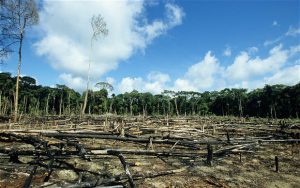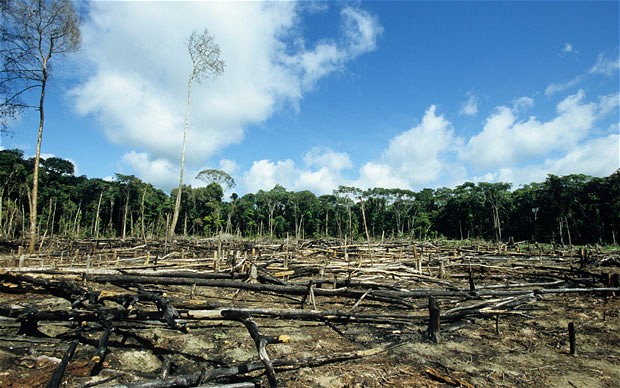Searching for a cure for my climate crisis grief.
One day early this fall, 19 people gathered in a small event space in Red Hook, Brooklyn, and sat in a circle. They included an immigration lawyer, a therapist, an Extinction Rebellion protester, an artist and me. Outside, it was cloudlessly sunny and hot in a way that would have once been described as unseasonable but that nowadays is just mid-September.
We were there for a workshop called “Cultivating Active Hope: Living With Joy Amidst the Climate Crisis,” a title that sounded wildly optimistic. I was there because, for the life of me, I could not understand how anyone was coping with the climate crisis.

Have you ever known someone who cited the Anthropocene in a dating profile? Who doled out carbon offset gift certificates at the holidays? Who sees new babies and immediately flashes to the approximately 15 tons of carbon emissions the average American emits per year? Who walks around shops thinking about where all the packaging ends up? You do now.
Unlike millions, I haven’t been directly affected by the climate crisis — not really, not yet. But the barrage of cataclysmic planetary news, the galloping wildfires, the smack of 90-degree New York autumn days all felt so at odds with the regular tickings of human life that I often felt quite mad. I felt complicit by merely existing. After all, I belonged to the species that was taking most of the other ones down.
As much as I want to chain myself to an old-growth tree (thanks, “The Overstory”), my job at The Times precludes me from going all in as an activist. So I donate to environmental and humane causes, eat vegan, compost, take public transport, carry around bamboo utensils, post alarming articles on Facebook, buy second hand and stock up on offsets — all decisions I have the luxury to make. And yet none of it has been balm.
Asking some people around me how they were faring did not help. I heard that it was too late anyway. That I shouldn’t care since I don’t have kids. That the planet will, one distant day at least, be fine. One friend suggested that my climate angst was an extension of my melancholic leanings, which struck me as plausible, but not quite right. We know that the future is looking bad, that the present already is, and that inaction, especially here in America, is making it all worse. But how are we supposed to live in our hearts and souls with such an existential threat that is also, as birds and bees vanish and trees topple and die, so excruciatingly intimate?
Read more: NY Times




